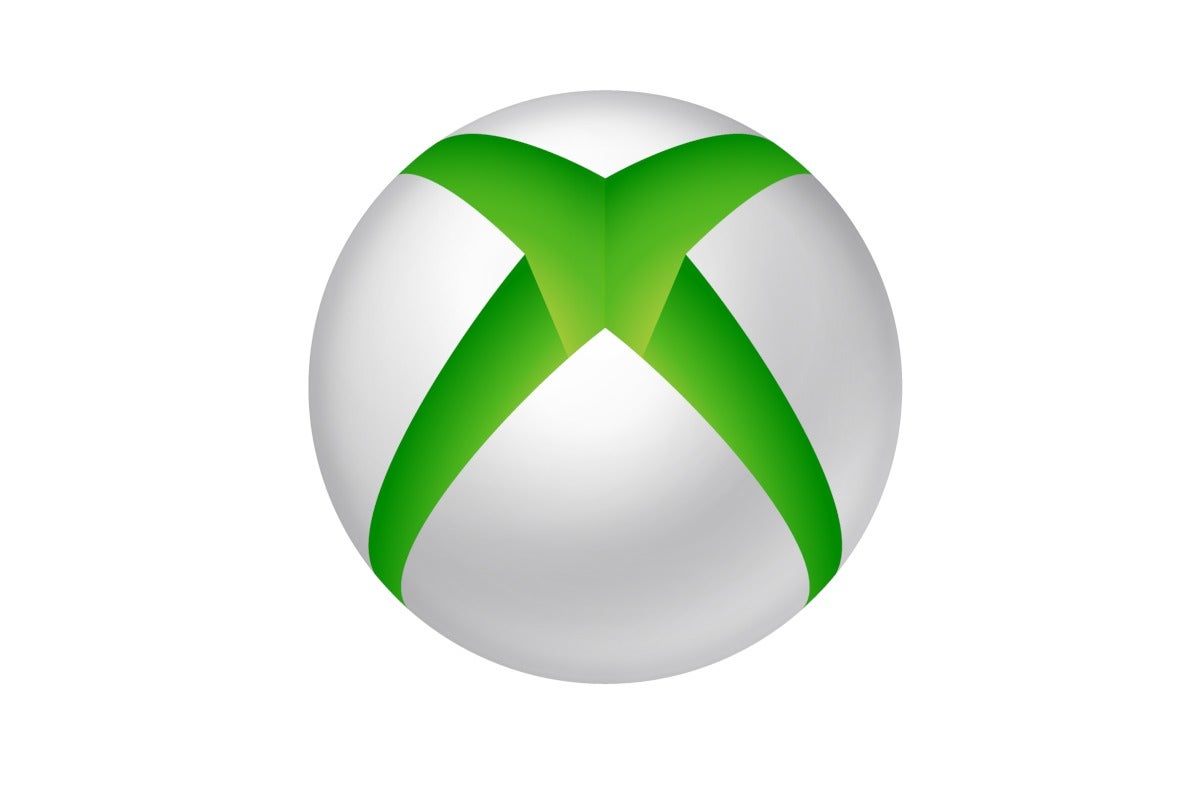
[ad_1]

As consumers worked on Windows PCs during the pandemic and played games on their Xbox in the evening, Microsoft benefited from both trends. In a shift from prior quarters, Microsoft’s More Personal Computing business, the home of Windows and Xbox, helped drive company growth.
In its earnings call Wednesday, Microsoft reported that net income fell by 15 percent to $11.2 billion. However, second-quarter revenue jumped 13 percent from a year ago, to $38 billion. This was helped in part by a 14-percent increase in revenue for the MPC group, to $12.9 billion.
There, the drivers were Microsoft’s traditional consumer pillars: Windows, Surface, and Xbox. The first six months of 2020 have been affected by the coronavirus in most areas of the world, and Microsoft has struggled to sell pricier Windows 10 Pro licenses. In the recent quarter, Pro license sales actually fell, down 4 percent. But as consumers and businesses turned to cheaper PCs, Windows 10 “non-Pro” (Windows 10 S and Windows 10 Home, mainly) grew 34 percent. Surface sales also recorded a strong quarter, jumping 28 percent to $1.72 billion.
Microsoft attributed most of the growth in the More Personal Computing segment to gaming, specifically Xbox. Gaming revenue jumped a whopping 64 percent, consisting of a combination of console sales, games, and services. In fact, when console sales were excluded, the sales of games and services were slightly stronger, at 65 percent.
It’s becoming clearer that Microsoft views virtually all of its key businesses in two ways: as a platform upon which to build other apps and services, and an opportunity to sell those apps and services as an annuity, or subscription. Microsoft’s most famous subscription is Microsoft 365, but the Xbox Game Pass is following that model, too.
Though Microsoft helped drive the growth of the PC gaming community, “gaming” at Microsoft is still largely synonymous with the Xbox—a platform against which to sell games. But Microsoft has also sold an “annuity” or subscription against it as part of the Xbox Game Pass. The $12.99 Game Pass Ultimate monthly subscription unlocks a Netflix-like array of games on the Xbox, and more recently the PC. Now, Microsoft is extending that platform to mobile, by making the Project xCloud remote-gaming technology part of Game Pass, too.
“The reason it’s so exciting is that it has such platform strength, built on the support and the fans of the console,” Microsoft chief financial officer Amy Hood said of the Xbox Game Pass. “We’re extending that to the PC, we’re extending that to mobile. That platform strength drives this more annuity-like behavior that we’re thinking about, and we saw that in the Game Pass subscription growth this quarter.”
Satya Nadella, Microsoft’s chief executive, said that the company’s strategy in Xbox and especially Game Pass, was “just beginning” to be built out.
Microsoft also reported strong growth in its Intelligent Cloud business, up 17 percent to $13.4 billion in revenue. In Productivity & Business Processes, revenue jumped 6 percent to $11.8 billion. There, Office 365 Consumer subscriptions increased to 42.7 million people, up 6 percent in revenue as well. Office 365 Commercial revenue grew 19 percent.
[ad_2]
Source link